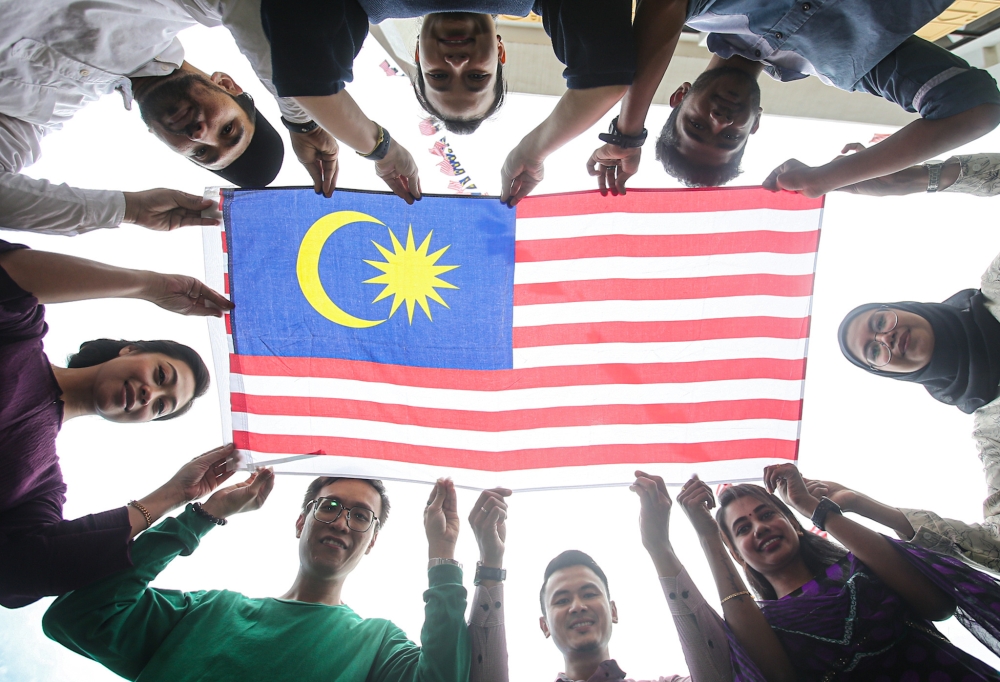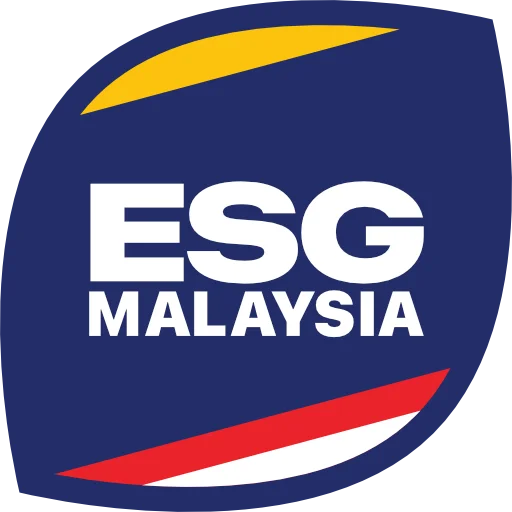Harmonising ESG practices — Liew Chin Tong

SEPTEMBER 22 — In the 1970s, Milton Friedman talked about the purpose of a corporation. He argued that a corporation had only one purpose — to make profits for its shareholders. For over three decades, this was the prevailing logic in the global economic system.
But after the Global Financial Crisis in 2008, and especially after the Covid-19 pandemic, the world has come to realise that corporations cannot focus solely on making money without being responsible to anyone else. These days, even business-linked advocacy groups like the World Economic Forum and the US-based Business Roundtable talk about a stakeholder economy.
The stakeholder economy redefines the role of a corporation: while companies remain responsible to their shareholders, they must also take into account the impact of their activities on their customers, their workers, and the climate. This is where environmental, social, and corporate governance (ESG) comes in. ESG is framed within this context — that corporations are not there just to make money, but they also have to be responsible to their stakeholders.
The government’s latest policy documents take cognizance of the stakeholder economy, and ESG more specifically. On September 1, the Prime Minister launched the New Industrial Master Plan 2030 (NIMP 2030). At the forefront of NIMP 2030 are the six National Investment Aspirations (NIAs) announced in late 2022, one of which is to enhance ESG practices. This is meant to be our new dashboard for measuring success. What this means is that any investment that comes into this country will be evaluated not just in terms of its monetary value or how much is approved, but more importantly in terms of the impact on our economy, our people and our society.
These NIA items ultimately serve as goals to support NIMP 2030’s four key missions, namely:
(i) increase the complexity of our economy;
(ii) tech up for a digitally vibrant nation;
(iii) push for net zero; and
(iv) ensure economic security and inclusivity
NIMP 2030 frames its goals and missions in the context of emerging global megatrends. With this in mind, in the years to come, I believe that the engines of growth would be:
Reindustrialisation. For about two decades from the time China joined the World Trade Organisation in 2001, Malaysia has been experiencing premature deindustrialisation in the face of diversion of foreign direct investment into China, the world’s factory. But times have changed due to changing geopolitical trends. This is the moment where we will see re-industrialisation accompanied by a shift of investment from China into Southeast Asia due to de-risking strategies. In fact, the Malaysian Investment Development Authority (Mida) announced two days ago (September 17) that the total investment into Malaysia for the first half of 2023 is the largest of any first half ever. There are major shifts into the region, and we must seize this opportunity to facilitate supply chain reorganisation and to upgrade our economy in a big way.
Tech up. Through greater automation, digitalisation and technology adoption, the productivity of the Malaysian manufacturing sector will increase significantly whilst reducing reliance on unskilled foreign labour. Automation and innovation will be the engines of growth for the Malaysian economy, which will require a lot of investments.
Green transition. The green transition will demand and bring in huge investment opportunities and the subsequent reskilling and upskilling of our workers, as long as we have the right policy framework and right context to support the industry’s growth.
This is the context of why we are here to talk about ESG. As policymakers, we must not view ESG as a burden. Starting with such a mindset is self-defeating because it will not take us very far beyond an incremental approach.
Instead, we must be bold, and we must do as much as possible to present this as an opportunity for Malaysia. We must steer the economy and our industry towards this great transition. As government, as policymakers, our role is to actually unlock potential. Our role is not to be behind the industry and to lead the industry with new ideas. It’s about the governments leading from the front. Our role is to lead them and provide any possible avenues to help industries to transition. Miti is currently working on an i-ESG framework for exactly this purpose.
Whether it is in terms of funding, policy, or processes, our role is to provide that framework and that possibility, to change what is not there yet. Once there is economy-wide adoption, there will be economies of scale. For example, we are pushing for net-zero technologies, and the more people that adopt these technologies, the cheaper they would be. We must be able to think beyond the noise. And we must be able to see beyond what is existing, and go for the highest and boldest ambition.
For the government to play this role effectively, there is a need to harmonise efforts within a single platform in order to develop Malaysian standards. Together we can lead and set standards for the region and the world.
It is not an unprecedented idea: if we look back into our history, there were two interesting developments in the 1980s through which Malaysia set standards for the world, perhaps unwittingly. The first are the halal standards, the second is Islamic financing. Put simply, Malaysia defined ‘Halal’ and what Islamic financing is for the world.
That is why I applaud Bursa Malaysia for creating a platform, a structure, and continuously working to engage other stock exchanges to create a global standard. Together, we are developing and harmonising one system so that we do not only scale up but also be the global standard.
How do we define ESG? When we talk about ESG, it is a lot easier to define the ‘E’ and ‘G’ than the ‘S’. The ‘E’ can be quantified through emissions. The ‘G’ covers good governance, anti-corruption and integrity, which are about effective execution and implementation.
Defining the ‘S’ meanwhile is the challenge for everyone, not only in Malaysia but also for the world. We are shifting away from the neoliberal economic structure in which employers are not prepared to pay fairly and work standards are not taken seriously. We must go beyond just thinking about labour standards and foreign workers.
The ‘S’ must be broadly defined with measures to carry and handhold the industry in support of a more equitable economic structure, in line with Ekonomi Madani’s aspiration to increase the labour share of income.
In this context, we must not lose sight of the bigger picture, that is to create a middle-class society. As it stands, our economic structure is pyramid-shaped where the top is small and the bottom is huge, with only 15 per cent of Malaysians eligible to pay income tax. And it is not politically and socially sustainable.
We need to create a diamond-shaped society with a large, thriving middle-class in which 60 per cent of Malaysians earn enough to qualify for income tax payment. It is only when we have a society where the middle is bigger than the bottom, that we will have long-term societal stability. This has to be eventually captured in the ESG framework. Defining the ‘S’ is a test for every one of us.
Finally, last week I launched the “World Economic Forum Report on Mobilising Investments for Clean Energy in Malaysia”, which was a collaborative effort between Khazanah Nasional, Khazanah Research Institute, the World Economic Forum and Accenture.
At the beginning of the booklet, it says that transport accounts for 37 per cent of emissions, the largest individual contributor. What this means is that while the energy transition is important, we cannot neglect the importance of looking into transport and urban planning and its relationship with climate change. We need to relook into how we can organise our society better and how we can reduce emissions so that we can transition faster. If we transition on the energy side but not in transport, we will still not get there. Therefore, it is important we radically think through the ‘E’ as well.
I hope that with such steps we will be able to move forward as a nation, into becoming much more sustainable, equitable, and greener in the way we operate our business practices. As the government, we need to acknowledge the importance of a “whole-of-society” approach in introducing and implementing an ESG framework to ensure a unison effort towards realising our collective responsibility for the environment, society and governance.
* Liew Chin Tong is the Deputy Minister of Investment, Trade and Industry
** This is the personal opinion of the writer or publication and does not necessarily represent the views of Malay Mail.
